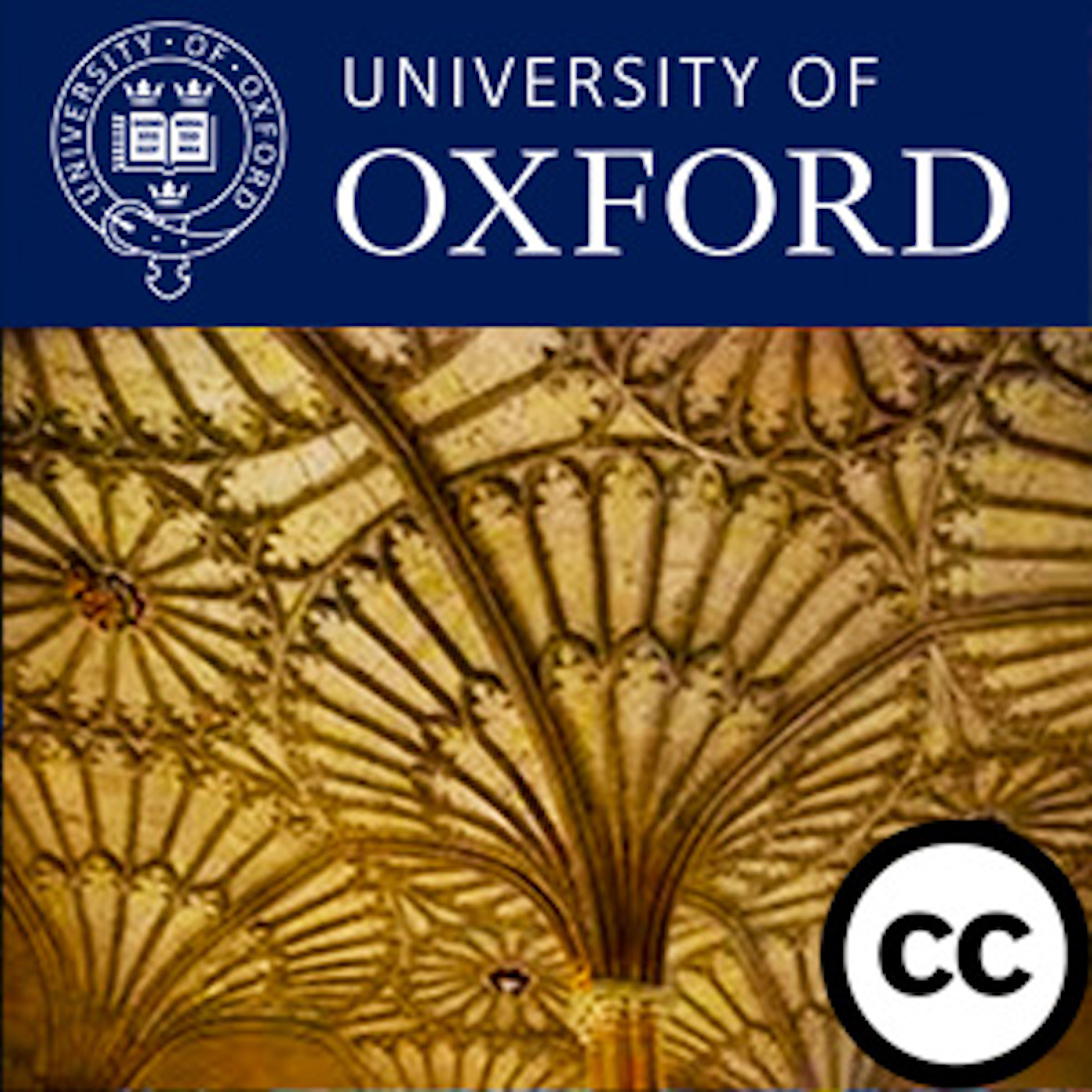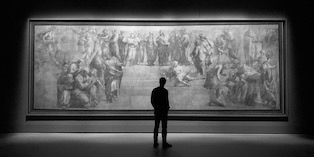Podcast Profile: Power Structuralism in Ancient Ontologies
 Site • RSS • Apple Podcasts
Site • RSS • Apple Podcasts58 episodes
2012 to 2014
Median: 51 minutes
Collection: Philosophy

 Site • RSS • Apple Podcasts
Site • RSS • Apple PodcastsDescription (podcaster-provided):
Exploring various aspects of modern and ancient metaphysics as they relate to the hypothesis that powers (or dispositions) are the sole elementary building block in ontology.Themes and summary (AI-generated based on podcaster-provided show and episode descriptions):
➤ powers/dispositions metaphysics • process vs substance ontology • causation, grounding, persistence • emergence, reduction • modality, necessity, determinism • relations, structure vs quality • Aristotle, Stoics, Empedocles, Galen • perception, agency, ethics, political philosophyThis podcast presents academic talks and conference-style lectures in metaphysics and ancient philosophy centered on the idea that powers or dispositions might be fundamental in ontology, and on closely related debates about structure, relations, modality, and causation. Across the episodes, speakers examine whether reality is best understood in terms of stable substances, dynamic processes, or networks of structures and relations, and how these choices shape accounts of persistence, composition, and grounding.
A recurring theme is the connection between powers and necessity: whether powers must manifest their characteristic effects, how to interpret counterfactual scenarios, and what kind of modality is involved in dispositional claims. These questions are pursued alongside competing frameworks, including law-based or structuralist approaches inspired by physics, as well as views that emphasize modally informed structure over dispositional properties. The podcast also engages with emergence and reduction, using simplified models (such as cellular automata) to clarify different senses in which macro-level organization might arise from microphysical processes, and to assess the metaphysical significance of “strong” emergence.
Another strand explores relations and causal explanation: whether causation is best treated as an external relation, an internal relation grounded in the natures of relata, or a productive interaction that can illuminate persistence and grounding without heavy reliance on possible-worlds machinery. Related discussions address mechanisms in scientific explanation and the evidential standards for causal inference.
Ancient sources are used both historically and as live interlocutors. Aristotle features prominently in treatments of dynamics, perception (including multimodality, common sense, and metaperception), singular thought, ethics and moral development, political philosophy, and questions of responsibility. Stoic thought—especially Marcus Aurelius—is discussed in relation to ethical self-cultivation, freedom, and the interface of ethics with logic and physics. Empedocles, Galen, and other ancient figures are examined for their accounts of cosmology, elemental change, organismic organization, and medical powers, with occasional comparative reach into Daoist conceptions of health and strength.
Overall, the podcast maps how debates about powers intersect with philosophy of mind, philosophy of science, and careful interpretation of ancient metaphysical and scientific frameworks.